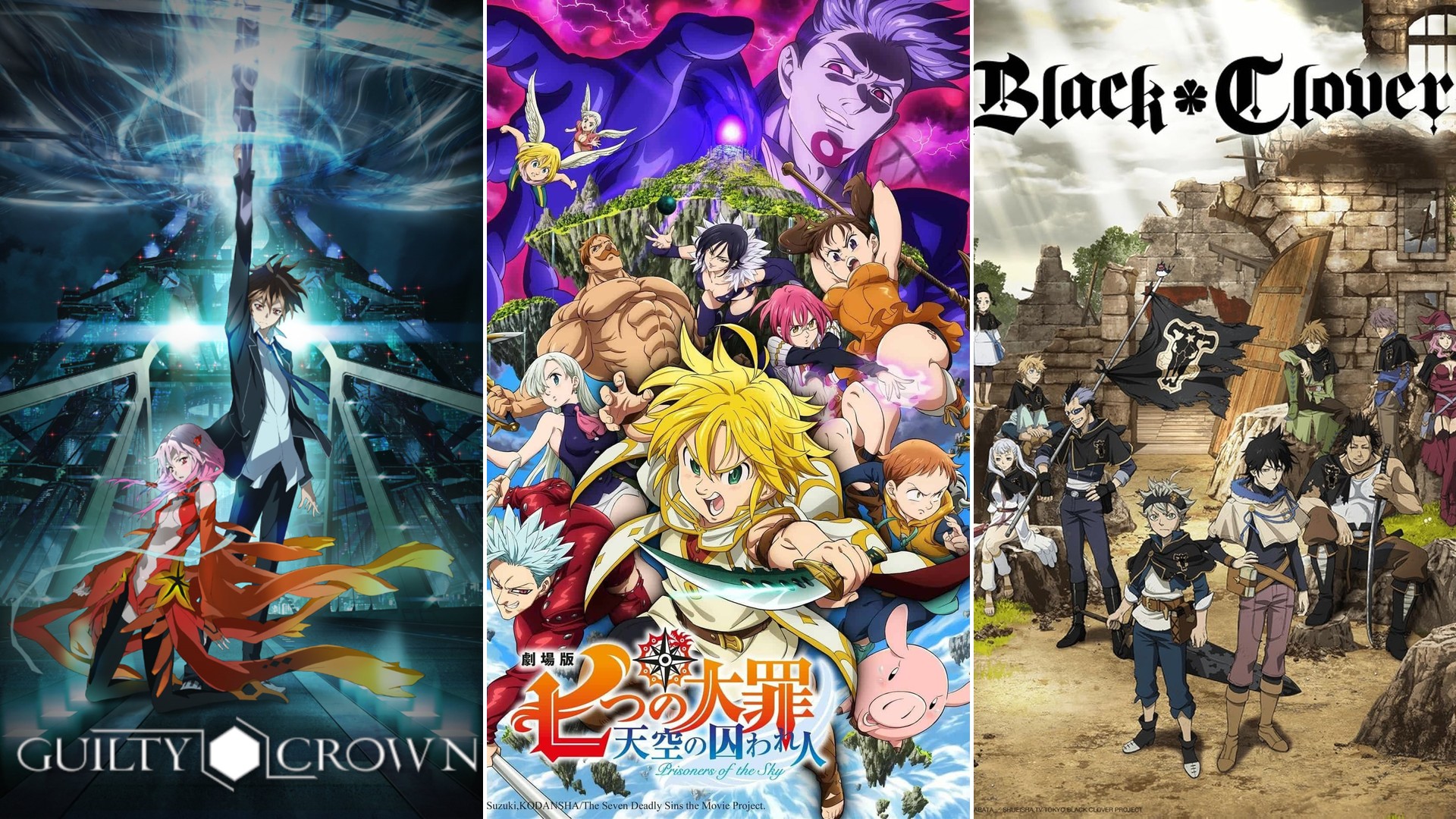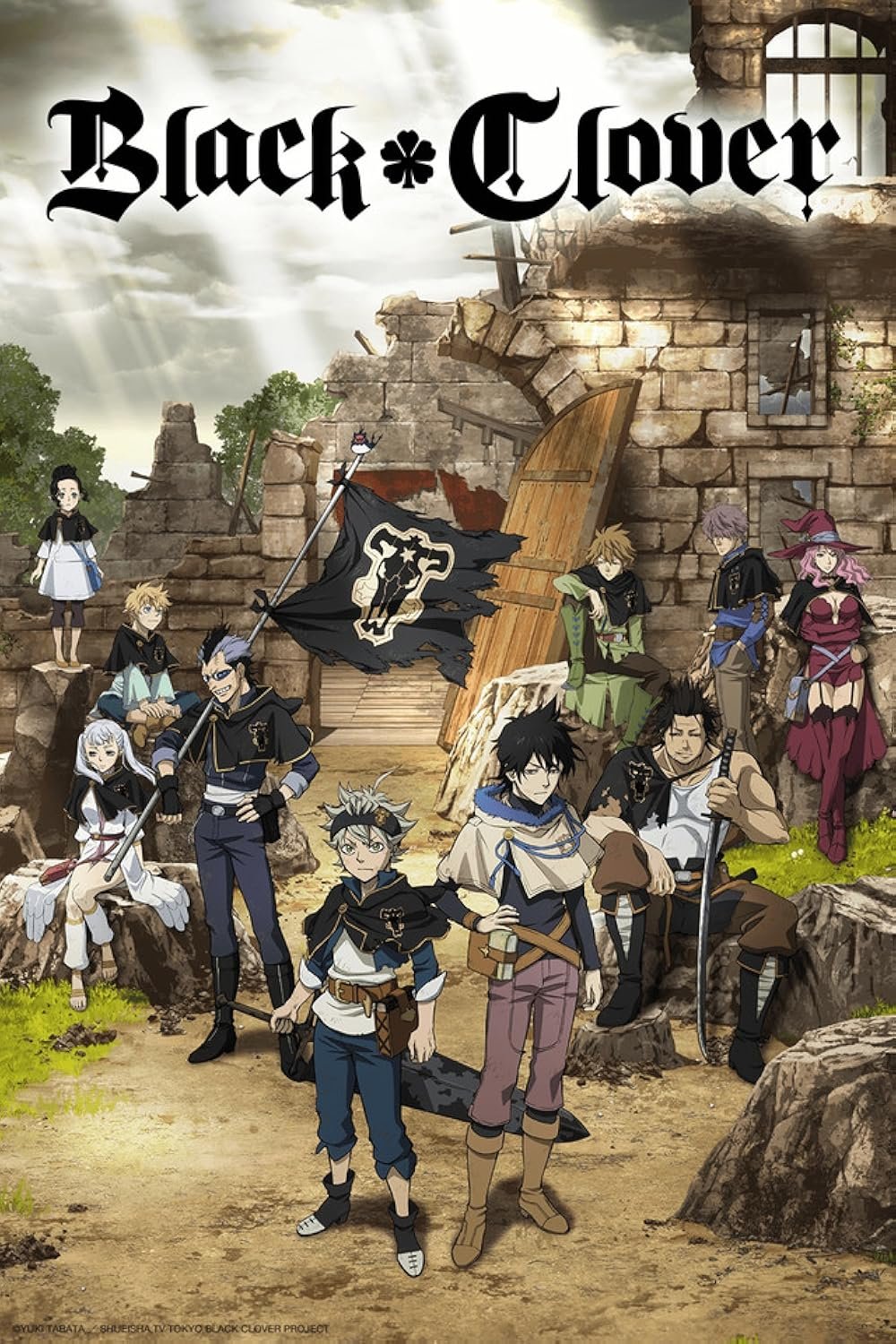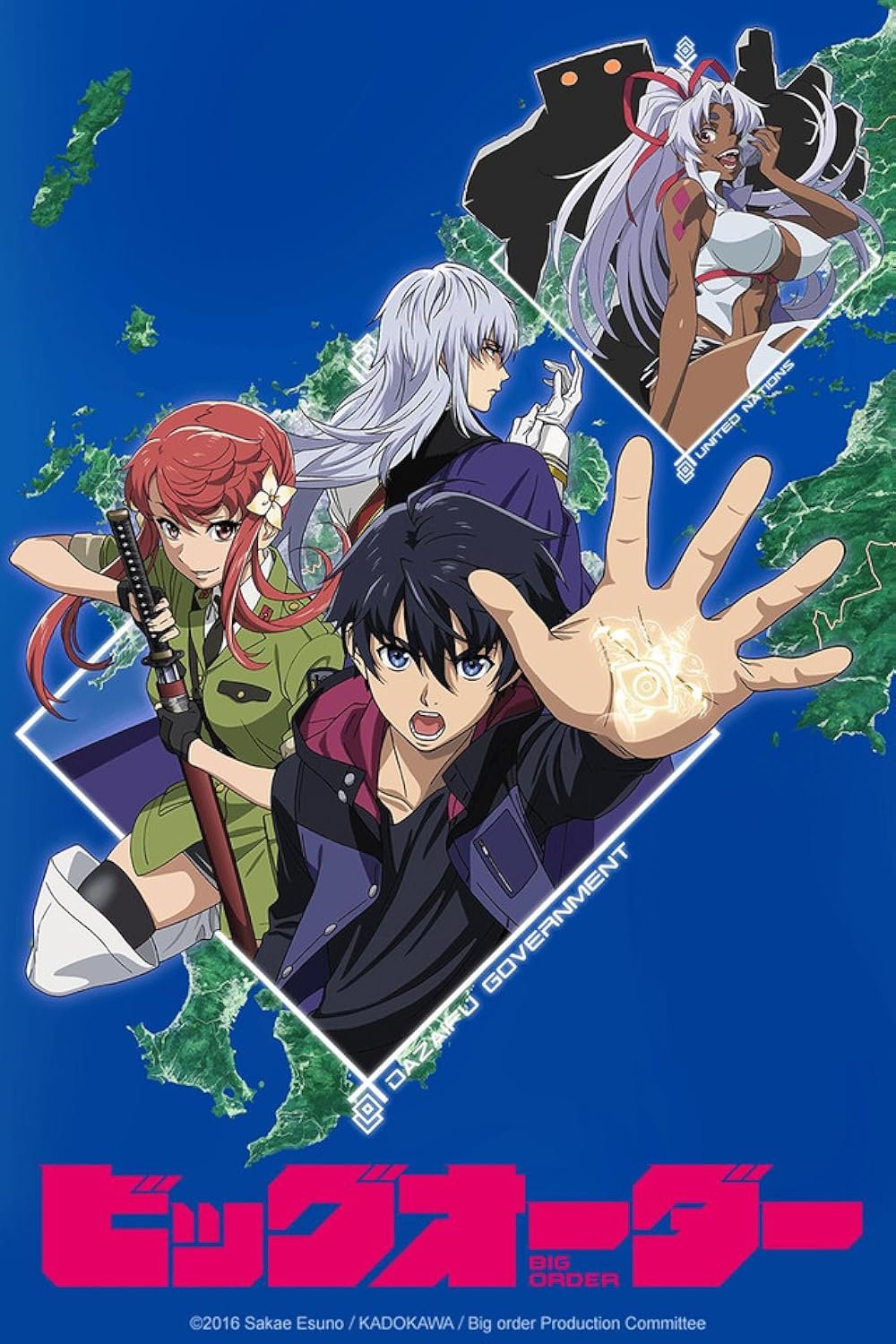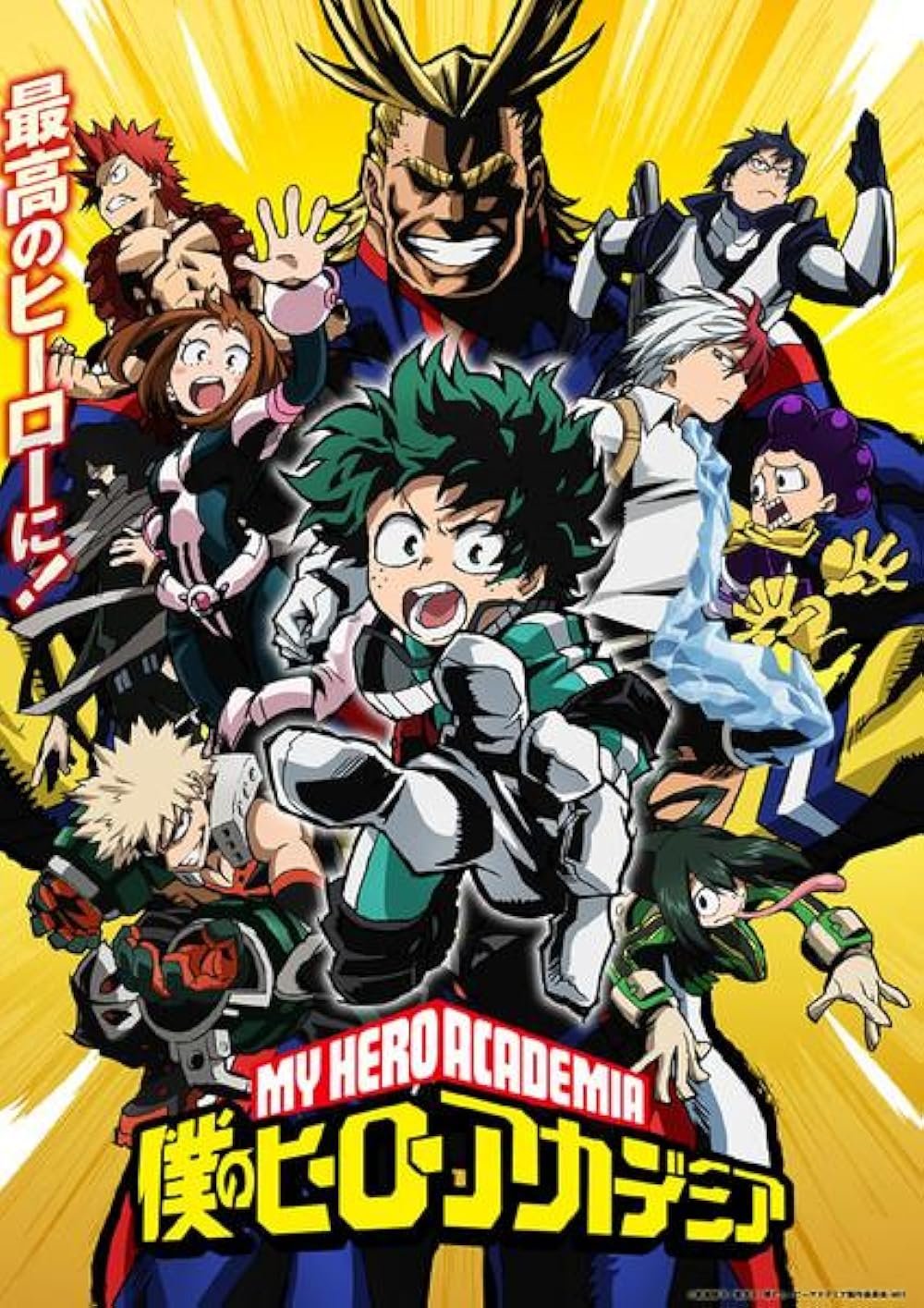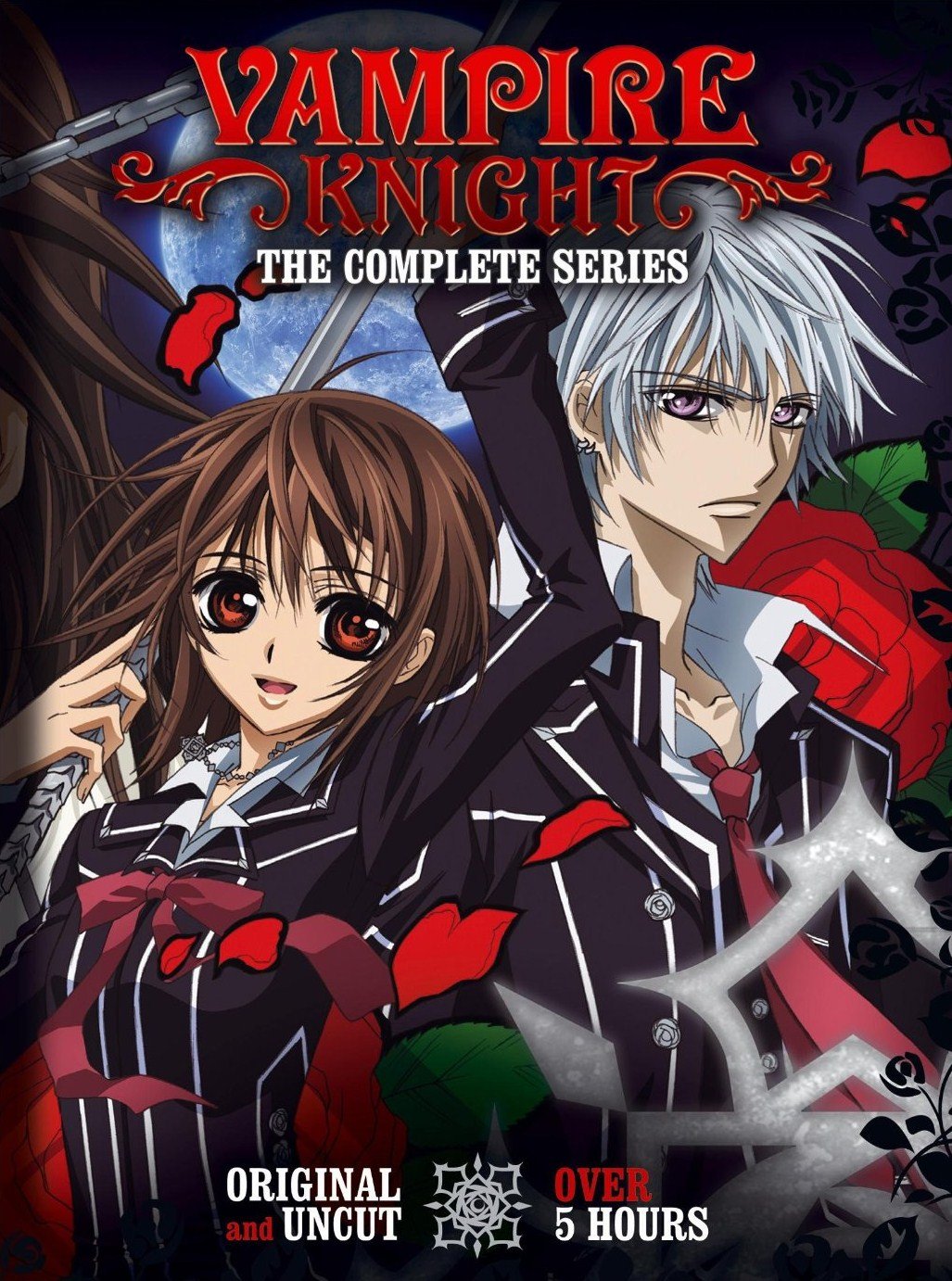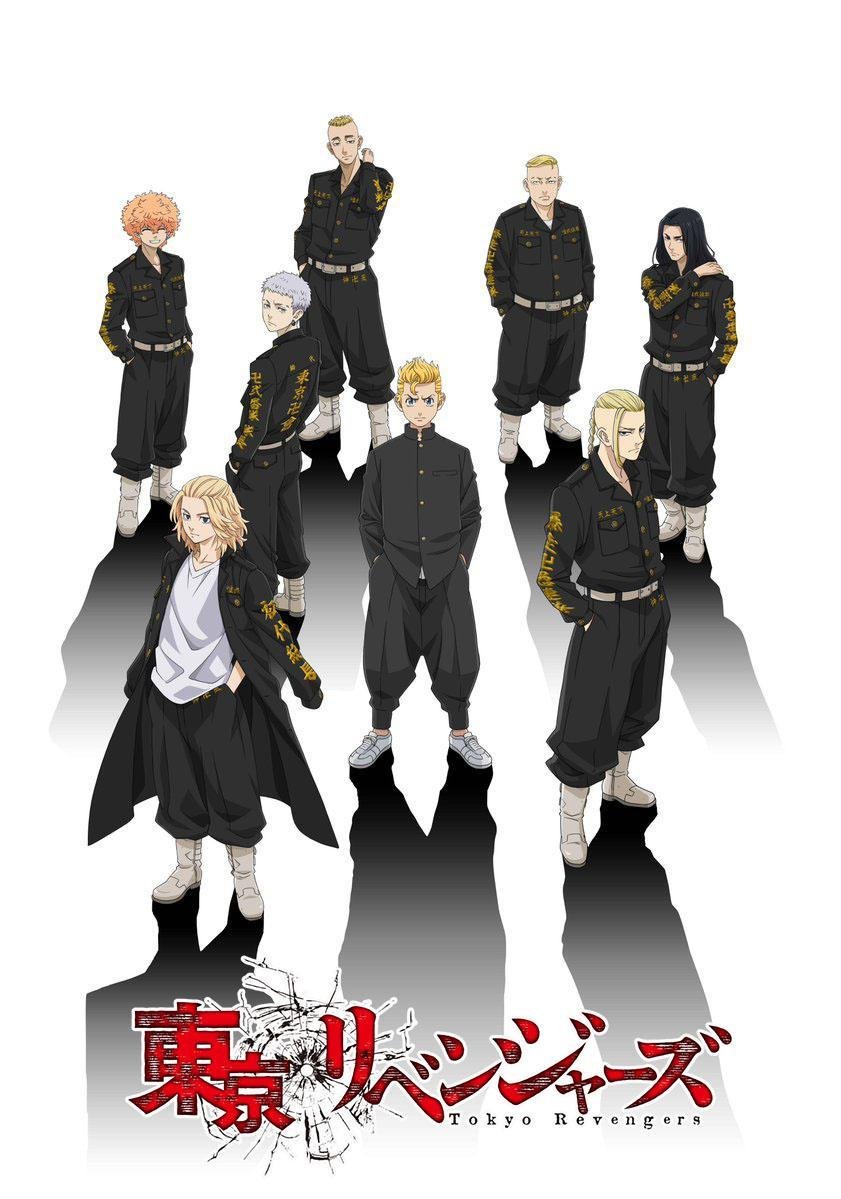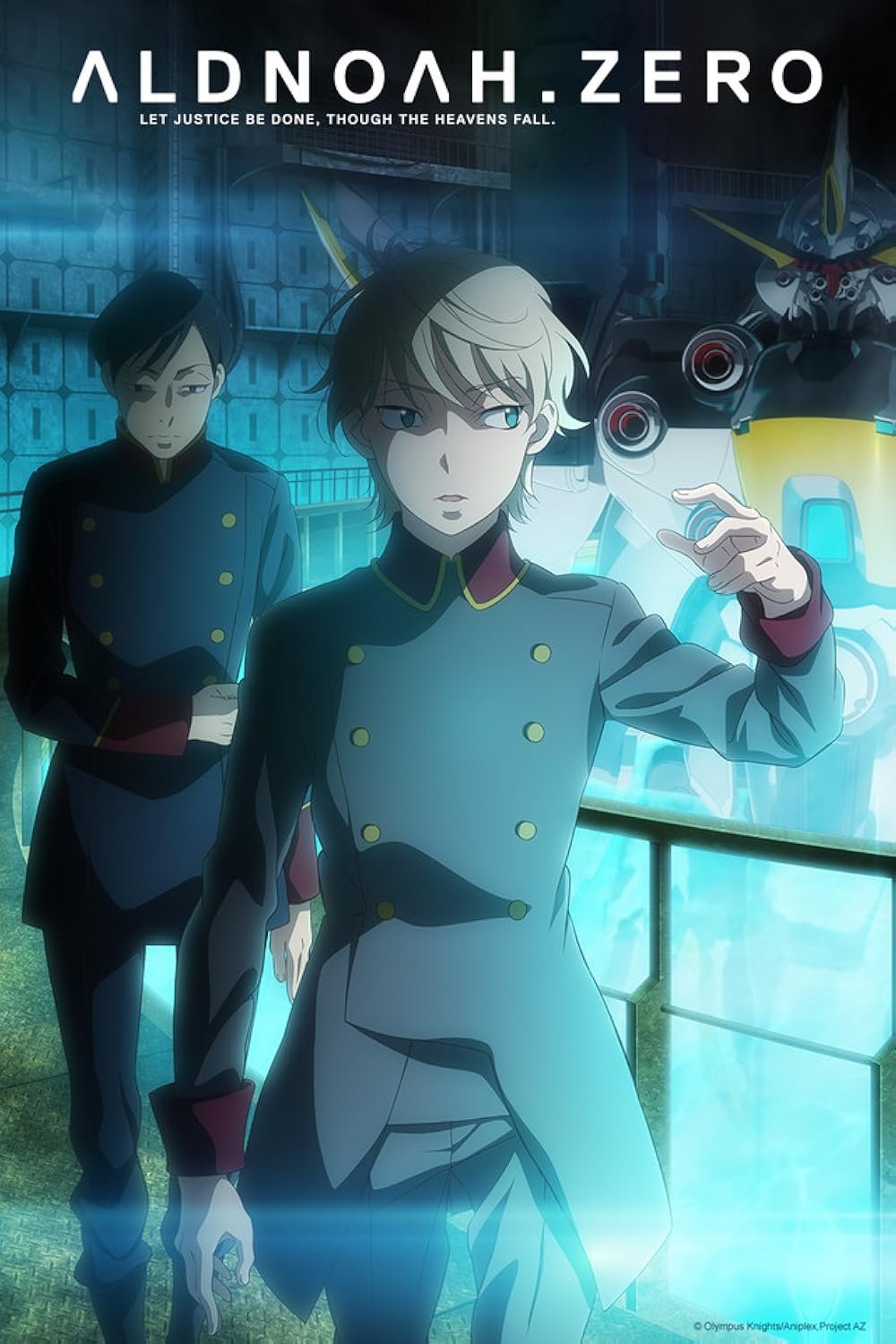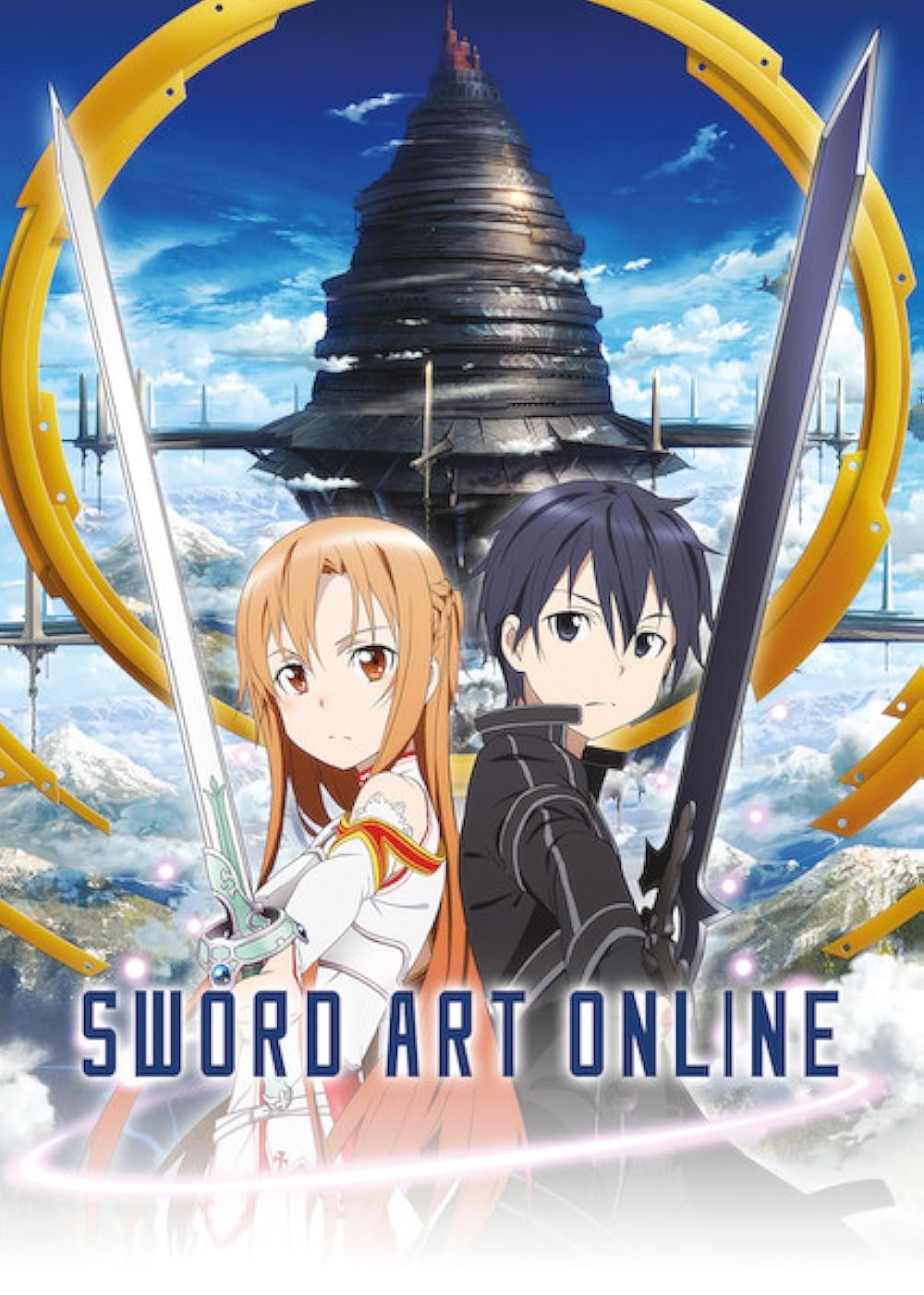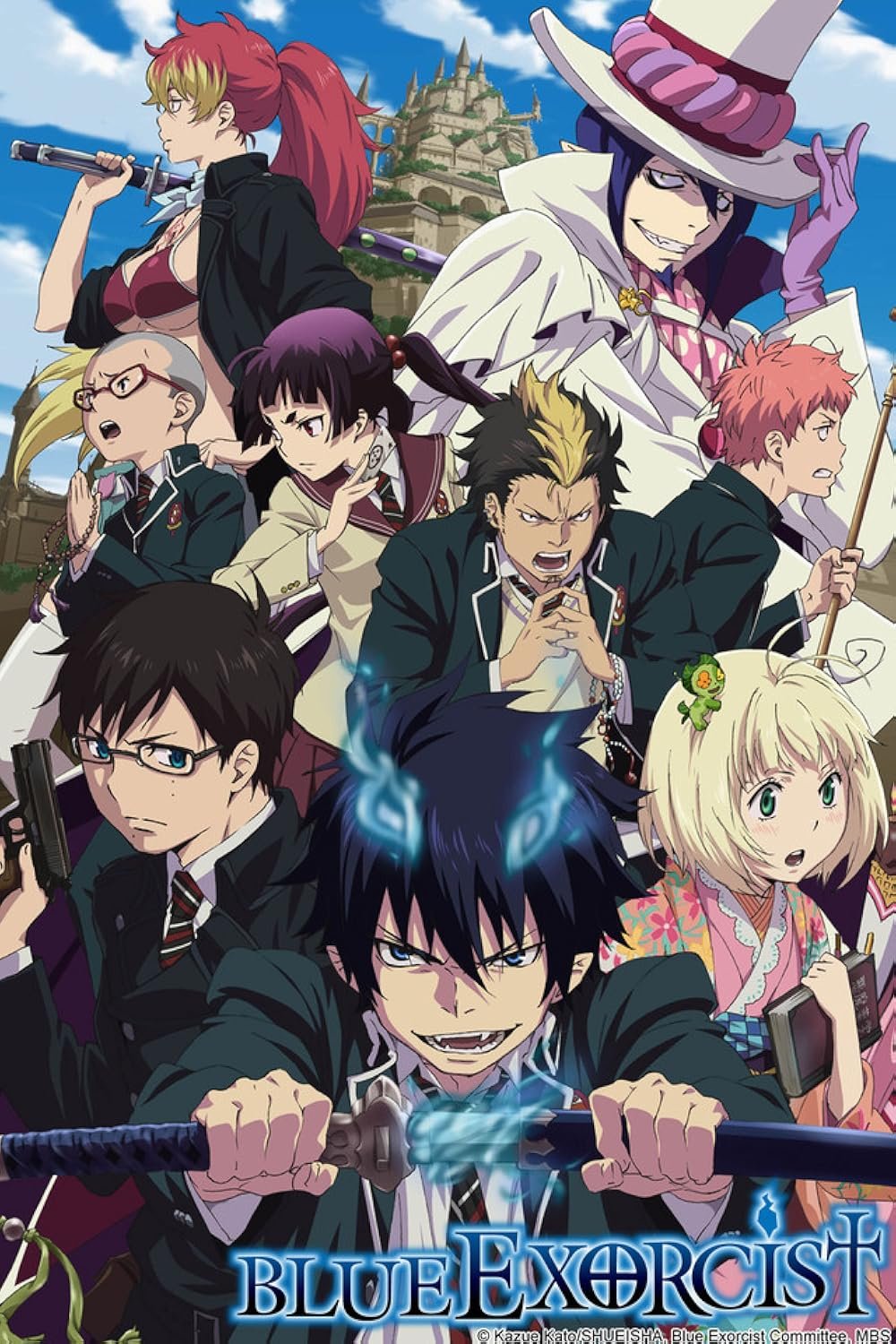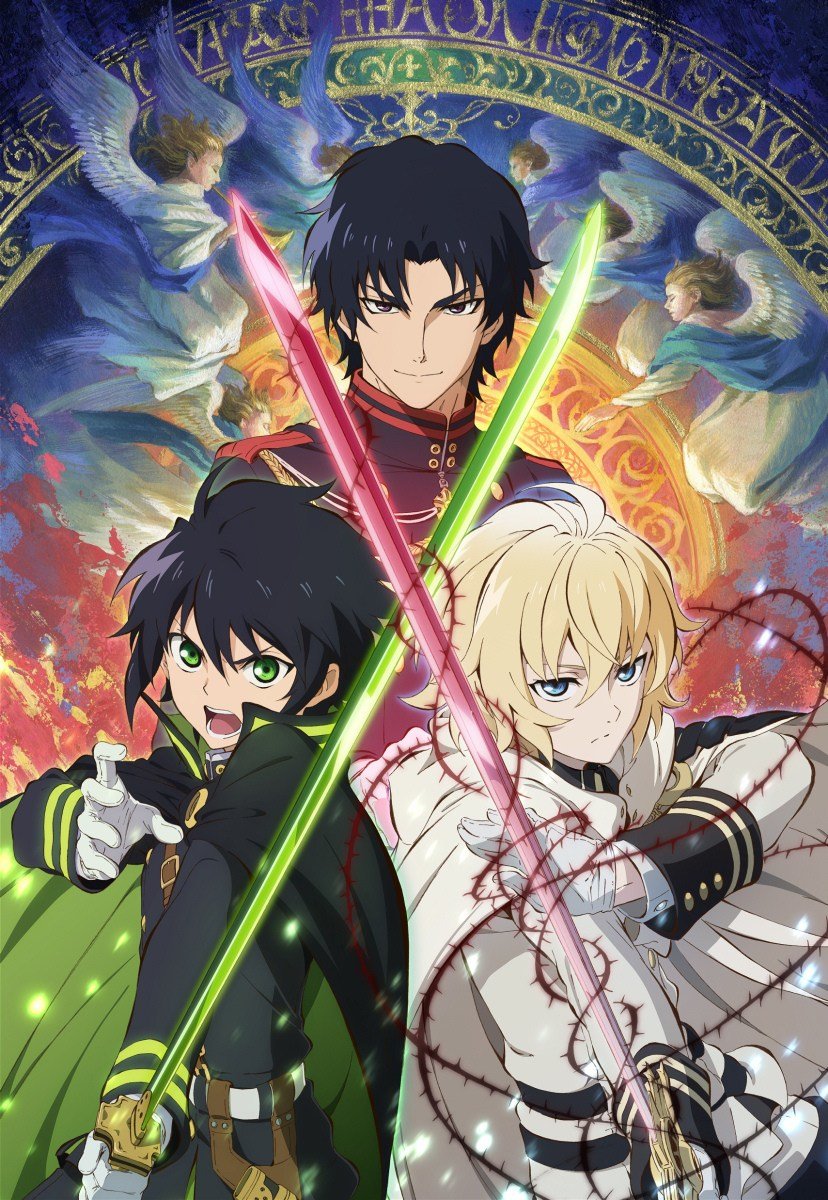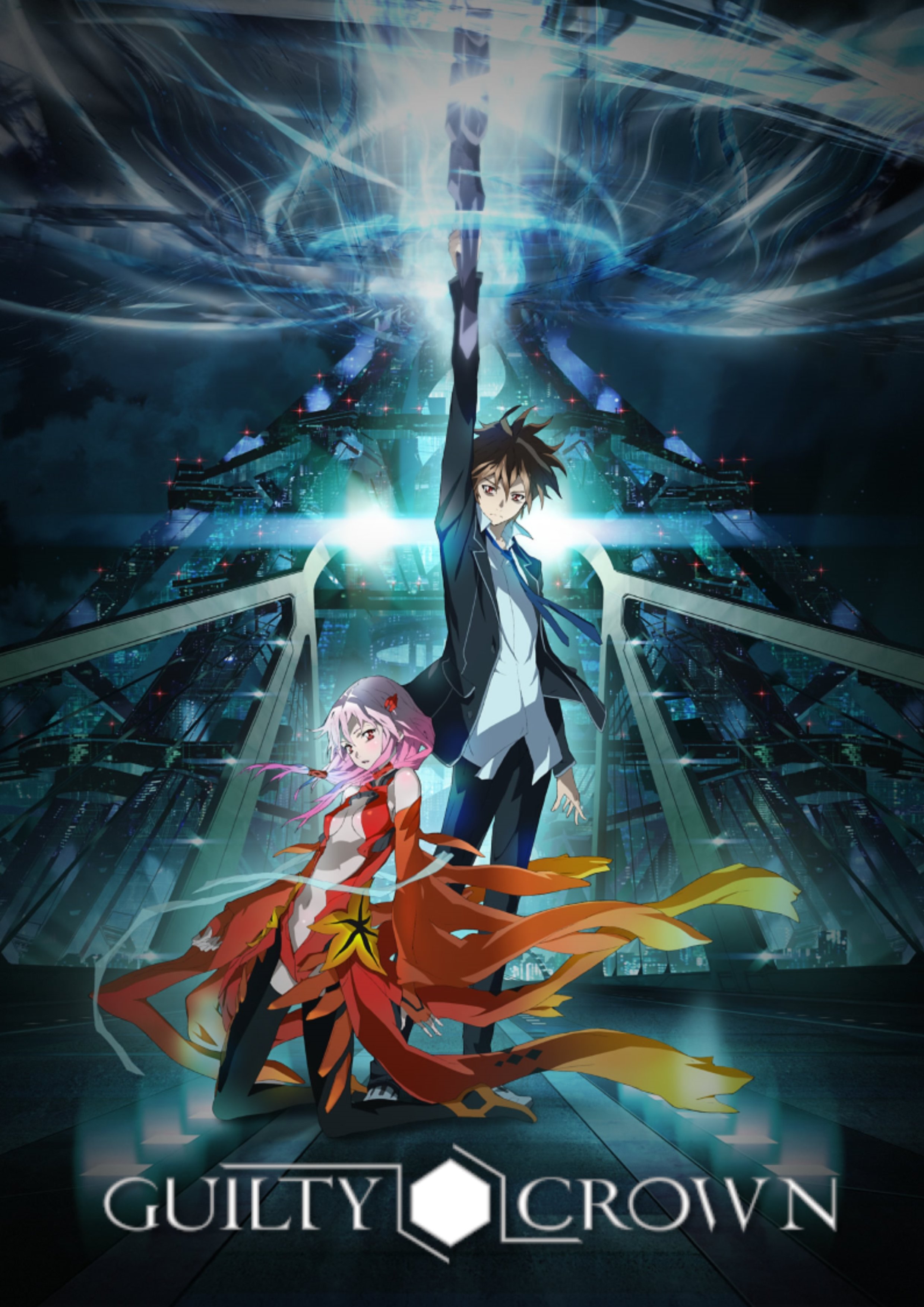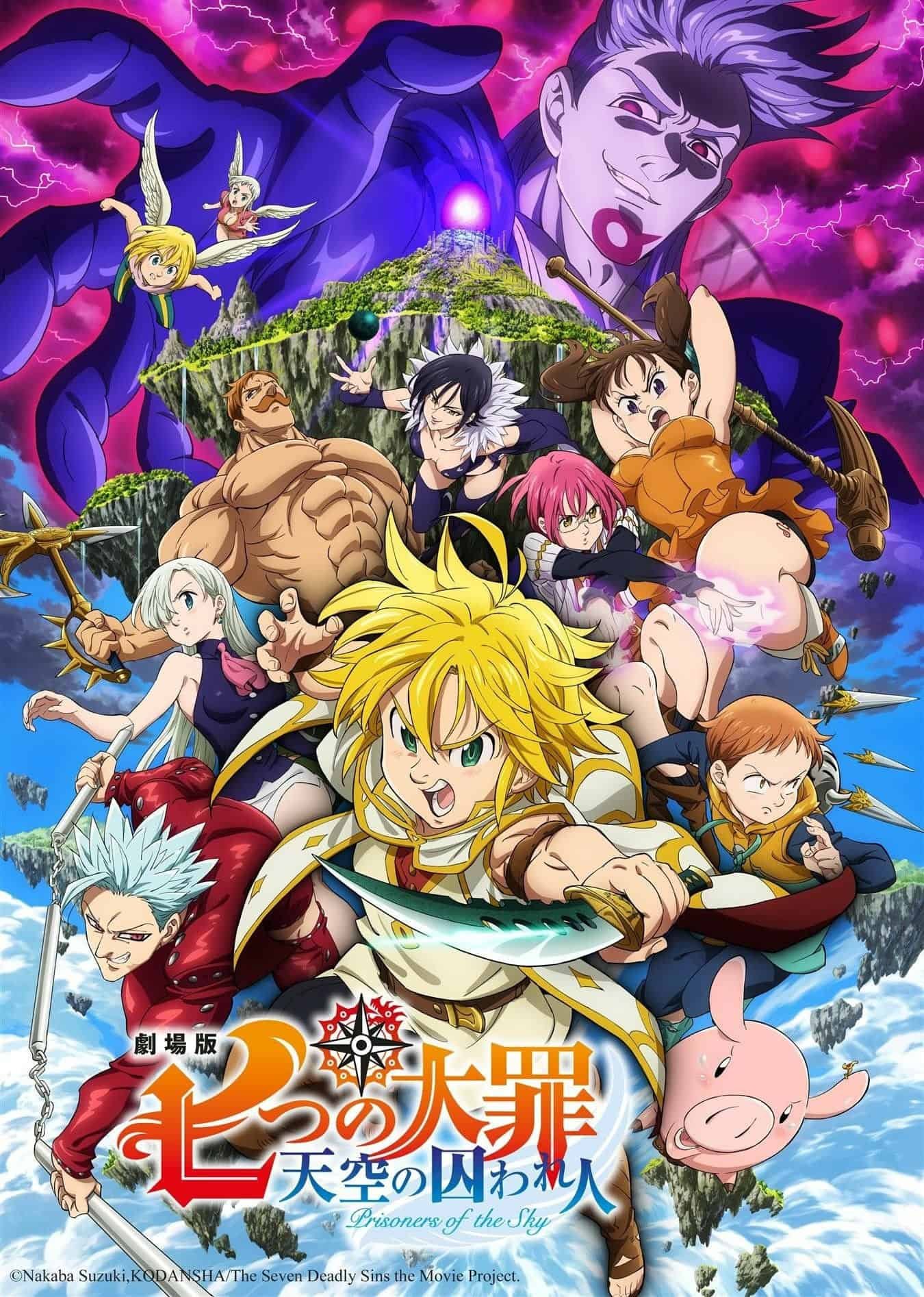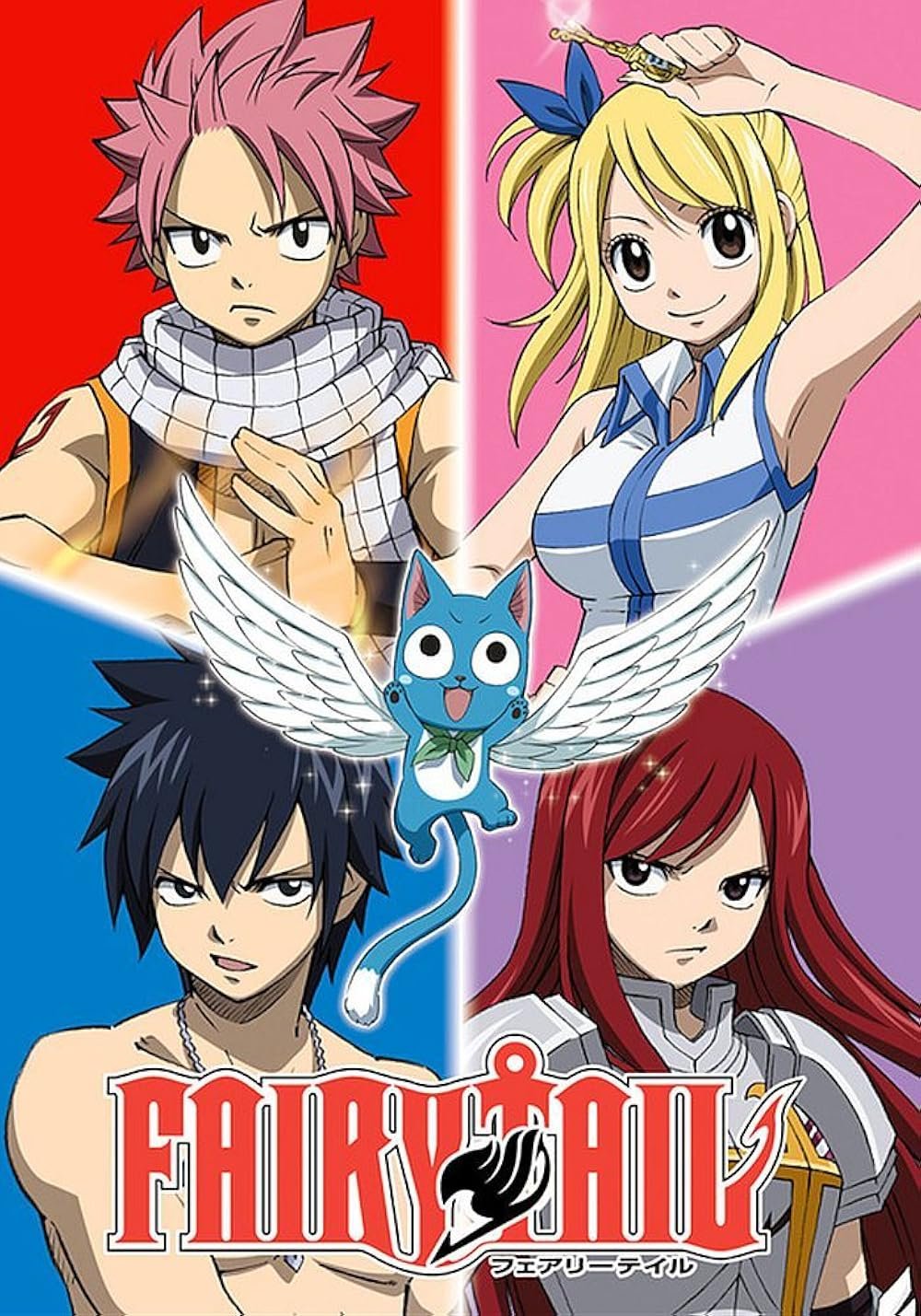Anime stories have used friendship as a major theme for decades, sometimes strengthening the plot, and at other times, undercutting it. There are series in which the “power of friendship” becomes so dominant that it removes tension, suspense, and stakes from the story. This theme has given fans some unforgettable moments, but it has also led to some of the most criticized resolutions in the genre. Here are twelve times when the focus on friendship ended up weakening the drama in anime.
From magical worlds to stories of survival, emotional bonds can be inspiring. Still, over-reliance on friendship as a solution can feel like an easy cheat code. When too many major battles, plot twists, or character arcs get resolved with simple declarations of loyalty, fans are left wanting more. These examples show when friendship did more harm than good to the story’s foundation.
#12 Black Clover’s Repetitive Friendship Power-Ups
Black Clover stands out as one of those anime where team spirit and shouting about belief in friends are practically the answer to every problem. The main character, Asta, never backs down from this theme, fueling his battles more with determination and vocal support from comrades than actual strategic thinking. What starts as a refreshing message about teamwork quickly turns into a formula.
Major fights in Black Clover often end with emotional speeches or a protagonist remembering their bond with the team. The tension in battles drops because the solution is nearly always the same: wish hard enough, yell loud enough, and you get your power-up. Strategy and logic take the back seat while heart-to-heart moments dominate screen time, making battles predictable and less exciting as the series goes on.
Instead of clever tactics, magical logic gets thrown away for glowing transformations and monologues about unity. It makes for feel-good moments, but as the trope repeats, the suspense disappears. Enemies are not defeated by skill, but by who can yell the loudest about friendship. These scenes might seem inspiring at first, but eventually, fans know exactly what to expect.
Black Clover’s strength in animation and energy is sometimes lost because every outcome is tied to emotions. Fans wanting more surprises or clever victories might get bored seeing the same solution over and over. Relying on friendship makes tough moments in the story feel less earned, and more like a shortcut.
#11 Big Order’s Emotions Overworld Ruin
Big Order started with a dark idea: people have godlike powers based on their strongest desires, with the world in shambles after a catastrophic wish. The setup promised intense conflict and world-changing stakes, but what viewers got instead was nearly endless emotional drama.
The characters’ choices in Big Order rarely follow logic or planning. Instead, it’s all about who Eiji, the main character, cares about at the moment. Suddenly, the fate of the world rides on his feelings about friends or family, especially his sister. The tangled relationships overshadow the dark potential of its story, and events spiral in confusing directions.
Every time danger appears or the cast faces decisions, the solution is not power mastery or smart moves, but another surge of caring for someone. The show bends reality to justify the emotional connections, raising the importance of personal relationships above any coherent plot. The power of friendship becomes the ultimate ability, making the story lose its depth and consistency.
Fans who hoped for clever world-building or high-stakes battles are often frustrated. The only real rule is that personal ties outweigh everything, so the great concept behind Big Order is buried beneath melodrama. Those emotional moments come off as forced, and viewers are left more annoyed than moved by each “heartfelt” turn.
#10 My Hero Academia’s Overdone Heartfelt Saves
My Hero Academia has inspired a new generation of fans with its lessons about hope, standing up against evil, and doing the right thing. The show focuses on a school for young heroes who train to master their powers (Quirks), and the friendships between classmates are a big highlight. However, this focus sometimes gets in the way of real danger.
Over the seasons, some of My Hero Academia’s most dramatic battles are defused by emotional rallies and last-minute saves thanks to a friend’s encouragement. When Deku or another hero is down for the count, all it takes is one declaration about their bonds or a flashback to a meaningful moment, and the fight swings in their favor. The formula is powerful but predictable.
These moments make the cast relatable, but after a while, the outcome of big battles can feel predetermined. If friendship is always the trump card, then the strongest enemies can never truly win. It starts to undermine the sense of threat the show works hard to build, especially during exams or attacks by villains.
Fans sometimes notice that even defeat or loss becomes temporary, and characters recover physically or emotionally just by thinking about their connections. While the narrative about supporting each other is important, it can come across as repetitive when used as the solution every time. The result is less suspense, and sometimes, fewer risks for the characters.
For all its strengths, the repeated use of the friendship trope in My Hero Academia sometimes feels like a shield protecting heroes from real, lasting consequences. Those heartfelt moments land with less impact the more frequently they appear.
#9 Vampire Knight’s Romance Drowns the Stakes
Vampire Knight began with moody gothic suspense and a strong love triangle, bringing an air of mystery to its story about humans and vampires living side by side. Early on, the tension is sharp, and every character hides secrets. However, the anime quickly trades its sense of danger for melodramatic relationships and romance-driven plot twists.
Yuki, the main character, is often guided more by who she loves or cares about than by actual threats. Even as dangerous situations arise, her decisions are all about protecting or forgiving those closest to her, no matter how much sense it makes. This pattern continues as other characters, like Kaname, act in ways that defy all logic, forgiven simply because of their emotional ties.
Instead of embracing the gritty world of vampire conflict, the series relies increasingly on who feels the strongest for whom. This drains the excitement from the series, making its twists and climaxes fall flat. Fans expecting moral dilemmas or true tragedy find instead that feelings erase consequences.
The result is a story more about romantic longing than the clash between humans and vampires or the stakes of centuries-old feuds. Lovers and friends get endless second chances, and loyalty wins over all realism. By the time the show wraps up, most tension is gone, and viewers are left with a drama where nothing truly matters except the next romantic revelation.
#8 Tokyo Revengers and the Tears That Change Time
Tokyo Revengers stands out for its dark story about time-travel, gang rivalries, and a protagonist determined to fix the past. Takemichi, the central character, goes back in time to save his friends and change tragic events. But what starts with a promising idea soon leans too heavily on the power of heartfelt appeals rather than smart plans.
In nearly every life-or-death confrontation, Takemichi’s strategy is to depend on loyalty and friendship, not on learning from his mistakes or becoming tougher. As a result, he often just gets beaten up, only to convince others through his sobbing and willingness to endure pain for a friend. Over time, even gang leaders and hardened criminals are swayed, not by reason, but by how much Takemichi cares.
This cycle repeats, leading the story to feel like it’s going in circles rather than moving forward. The idea that friendship alone can change entire timelines feels less believable each time it works, and it prevents the protagonist’s growth into a stronger or wiser person. Rather than planning or adapting, the plot relies on emotional scenes that feel overused.
The time-travel mechanic loses its thrill as every major change comes from a tearful speech or gesture. What could have become an intricate drama becomes stuck, with little progress except in the relationships among the core group. This makes consequences seem less severe, and sacrifices less moving than they should be.
#7 Aldnoah.Zero’s Forced Companionship Over Conflict
Aldnoah.Zero set itself up with a powerful clash between Earth and Mars, intricate politics, and battles usually won by brains, not raw power. The first season captured audiences with its sense of danger, betrayal, and unpredictable alliances. But with the arrival of a second season, the drama started to unravel.
Characters who were formerly bitter enemies or who had every reason to distrust one another suddenly become friends or allies, often with little development behind the change. Storytelling choices shift dramatically from conflict and suspense to emotional reconciliations that don’t feel earned. Suspense bleeds away, as fans see characters drop their hates because the plot needs it, not because they have truly changed.
This turn toward friendship and alliance undermines the tension established earlier. Viewers never quite feel the fear or urgency of war when it’s clear that meaningful conversations outpace any real military strategy or political tension. Conflicts are tied up quickly with sudden teamwork and bonding.
The result is a loss of trust in the story’s rules. Drama that made the first season special fades, replaced by a string of emotional scenes that don’t match the prior stakes. The mecha battles and the science fiction background become incidental, and what could have become a classic ends in confusion and dissatisfaction for many fans.
#6 Sword Art Online’s Love Overrides Game Logic
Sword Art Online attracted attention with its premise: a group of gamers trapped in a virtual reality where in-game death means real-world death. For a time, the plot is sharp, with every decision carrying weight. But as the series moves forward, it swaps life-and-death tension for the warmth of love and friendship in ways that stretch credibility.
Also Read
10 phrases that sound supportive but are actually a subtle sign of manipulation
The most glaring example comes in season one, where Kirito is supposedly killed in battle. Instead of dying, he returns to defeat his enemy, relying not on new skills but on his bond with Asuna. No rational explanation is given; it is their connection alone that beats the rules of the game. While moving, it undermines the logic of the world created.
This idea continues through other arcs. Kirito and friends keep gaining strength or second chances not because they train harder or devise strategies, but because their relationships keep growing. The show’s suspense starts to crumble, because audiences learn the pattern: as long as the cast loves and supports one another, they cannot truly lose.
For all the excitement in its fantasy and setting, this reliance on the power of feelings slowly drains it of suspense. What started as a tense survival game becomes a comfort zone, where nothing is permanent and every setback can be undone by remembering who you care about most.
#5 Blue Exorcist’s Miraculous Turnarounds
Blue Exorcist introduces an exciting world where Rin Okumura, son of Satan, struggles with his heritage while fighting against supernatural threats. The show has all the elements of a solid supernatural action series, with training, rivalry, and big stakes for humanity. However, as events escalate, the story turns to friendship and unity as a solution to problems that once seemed insurmountable.
Also Read
10 Phrases That Sound Supportive But Are Actually a Subtle Sign of Manipulation
There are moments where the main characters face demons or impossible situations, only to be saved when someone believes hard enough or stands together with friends. As the stakes get higher, the show is more likely to hand out miraculous escapes or sudden surges in strength based on supportive words. Conflicts are resolved through group loyalty and emotional motivation instead of clever tactics or actual skill.
This focus means the characters’ growth doesn’t always come from hard work or sacrifice, but from simply refusing to give up on each other. While this can create uplifting scenes, it often removes the grit needed for the stakes to feel real. Enemies that seemed truly dangerous can turn out to be easily defeated, so long as everyone believes.
For fans, the excitement of supernatural battles is sometimes lost when the pattern becomes predictable. While teamwork is important, relying on it too heavily as a magical fix prevents the story from having lasting consequences or genuine tension.
#4 Seraph of the End’s Singular Bromance Apocalypse
Seraph of the End begins with a grim premise: after vampires take over the world, a few human survivors fight for survival and revenge. The show is set up to be a harsh war for humanity, and for a while, it’s as dark as promised. Yet, much of the drama soon shifts from the fate of the world to a single friendship.
Also Read
People With Low Emotional Intelligence Often Miss These 6 Social Cues
The protagonist, Yuichiro, is willing to throw everything aside to save his friend Mika, even as Mika becomes a vampire. This focus on one bond shapes nearly every major decision. As battles rage and the world around them falls apart, the story pauses time and again to allow long, emotional conversations or monologues about their connection.
Many times, other characters and key events are set aside so the story can focus just on Yuichiro and Mika’s journey to rescue each other. The war, the stakes, and the losses of other characters are eclipsed by tearful reunions and speeches. The world’s collapse is treated as secondary to whether Yu can save his friend.
This shift in direction makes the supposedly epic scope feel much smaller, turning a tale of survival and sacrifice into a repetitive rescue story. While their bond is touching, the constant prioritization of one friendship over the fate of humanity drains the suspense from what should be a dark and compelling fight for the world.
#3 Guilty Crown’s Sentiment Replaces Strategy
Guilty Crown sets up big stakes: a world in chaos, a mysterious virus, and a teen who gains an incredible, reality-shifting power. The first few episodes promise a sweeping story of resistance, revolution, and personal growth. But as the main character, Shu, gets stronger, the show moves away from strategic thinking and accountability, placing emotions at the center of every turning point.
Also Read
8 Weird Habits You Don’t Realize You Have From Growing Up In A “We Can’t Afford It” Household
Alliances and betrayals follow the whims of friendship, not larger causes or intelligent planning. Shu tries to become a leader, but instead of mastering hard choices, he is carried by feelings – both his own and others’. Characters switch sides, sacrifice themselves, or make inexplicable decisions just because they feel strongly for Shu, regardless of logic or their role in the bigger picture.
By the end, the initial story of rebellion and sacrifice is lost. Enemies are forgiven by sudden compassion, and the rules of the world are broken more for relationships than reasons. The science fiction drama becomes almost secondary to who cares most, and what could have been a truly memorable conflict fizzles out in sentiment.
Fans are often divided on whether Guilty Crown’s emotional approach works. For many, the dependency on these “heartfelt” solutions wastes the show’s potential and makes much of the action unconvincing. The deeper themes of resistance and sacrifice are buried, leaving the climax feeling confused and less satisfying.
#2 The Seven Deadly Sins’ Loyalty Bends Reality
The Seven Deadly Sins mixes comedy, action, and a quest-driven plot as the titular knights try to save their kingdom. Early episodes build a world of magic, curses, and endless dangers. But over time, the danger loses meaning as emotional attachments between the cast become the real superpower.
Also Read
10 Phrases That Sound Supportive But Are Actually A Subtle Sign Of Manipulation
Characters who should be lost for good are revived because someone believes in them enough. Loyalty overrides rules set by ancient prophecies or even the gods themselves. When characters die or face impossible odds, miracles keep happening – not from training or skill, but from faith in friendship and love.
This means villains flip sides after a few kind words, and prophecies are broken just because the group refuses to accept them. Main themes of loss and sacrifice are weakened, as fans know no setback is final if the right emotional appeal is made. It removes much of the weight and pain that great stories rely on.
What’s left is a fantasy adventure that tries to be about war and struggle, but mostly serves as a showcase for feelings overcoming anything in their way. Some fans find it touching, while others believe it stops the story from ever feeling truly urgent or threatening.
#1 Fairy Tail’s Unbeatable Bonds
Fairy Tail became a shonen staple for its energetic battles, magical rivalries, and a huge cast of memorable characters. Right from its early arcs, the series centers on the Fairy Tail guild – a chosen family that believes in the strength of their bonds as much as their magic. What starts out as uplifting teamwork quickly becomes its main, and at times only, answer to every crisis.
Also Read
8 Cringey Phrases Older Relatives Use at Family Dinners That Younger Guests Dread
Major showdowns rarely hinge on clever strategy or unforeseen sacrifice. Instead, nearly every climax is resolved with the assertion that as long as the cast believes in each other, they cannot lose. Injuries heal, magic flows stronger, and impossible odds get erased by recalling a favorite friend or memory. This “friendship magic” becomes notorious across anime fandom for being a guaranteed victory button.
Villains who seem unbeatable are taken down not because of skill or ingenuity, but because the team cares enough to keep fighting. The message is clear: in Fairy Tail, nothing is stronger than emotional loyalty. Though appealing in small doses, when repeated across every arc, battles lose their sense of challenge and unpredictability.
Some fans find comfort in the show’s consistency; others grow weary of the lack of risk and suspense. With every obstacle handled by the same burst of collective spirit, Fairy Tail becomes the clearest example of friendship overwhelming a story’s possibility for real drama or defeat.
